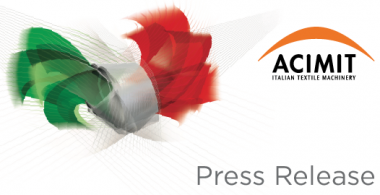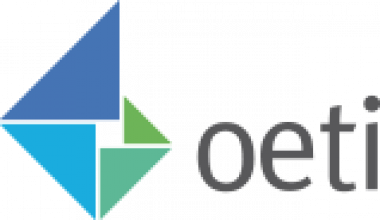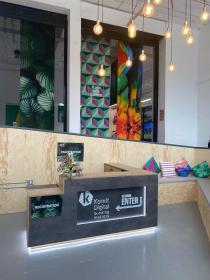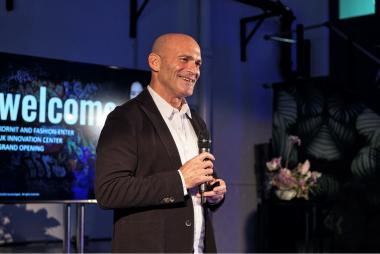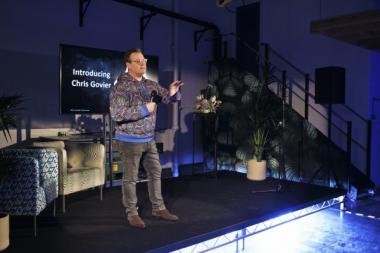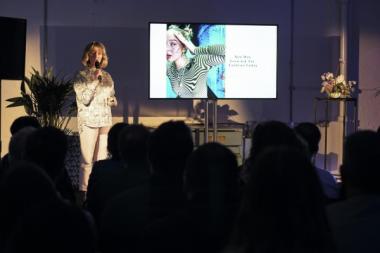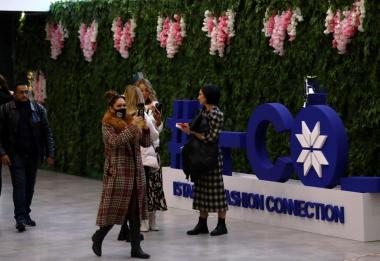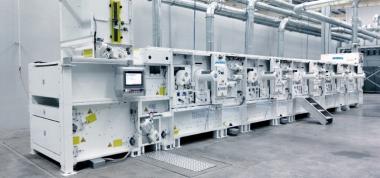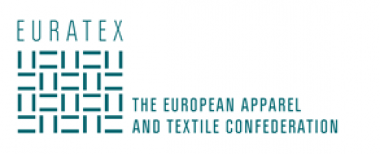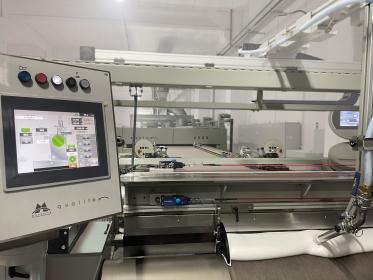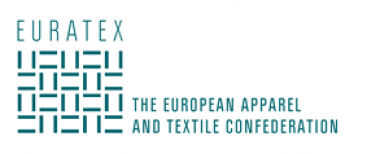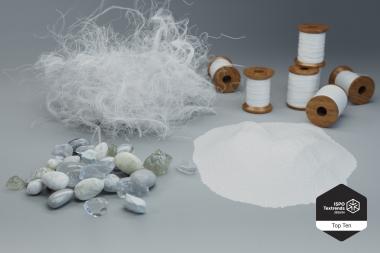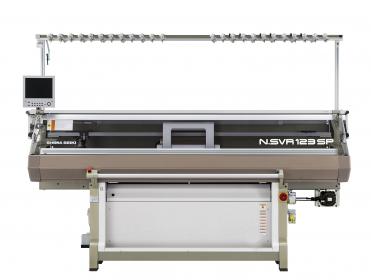Intertextile and Yarn Expo spring show dates to be adjusted
In response to pandemic containment efforts, Intertextile Shanghai Apparel Fabrics – Spring Edition and Yarn Expo Spring will be merged with the respective Autumn Editions of the shows from 29 – 31 August, whilst Intertextile Home Textiles will also be moved to the same aforementioned dates. The fairs will still take place at the National Exhibition and Convention Center in Shanghai where they were originally due to be held from 14 – 16 April 2022.
Ms Wendy Wen, Senior General Manager of Messe Frankfurt (HK) Ltd explained the decision: “In view of recent outbreaks in multiple provinces and cities in China, and to support the government’s pandemic control measures, the organisers of the fairs have decided to adjust the three spring shows by combining the Spring and Autumn Editions of Intertextile Apparel and Yarn Expo, and holding these concurrently with the Spring Edition of Intertextile Home. The decision is necessary to reduce the risk of transmission and to ensure the welfare of all our participants. We will keep in close communication with all parties involved and we look forward to providing an effective sourcing platform for the textile industry when it is safe to do so. As we continue to adapt during these challenging times, we’d like to express our thanks to all participants for their unwavering understanding and support.”
Intertextile Shanghai Apparel Fabrics is co-organised by Messe Frankfurt (HK) Ltd; the Sub-Council of Textile Industry, CCPIT; and the China Textile Information Centre. The co-organisers of Yarn Expo are Messe Frankfurt (HK) Ltd and the Sub-Council of Textile Industry, CCPIT. Intertextile Shanghai Home Textiles is co-organised by Messe Frankfurt (HK) Ltd; the Sub-Council of Textile Industry, CCPIT; and the China Home Textile Association (CHTA).
Messe Frankfurt (HK) Ltd





